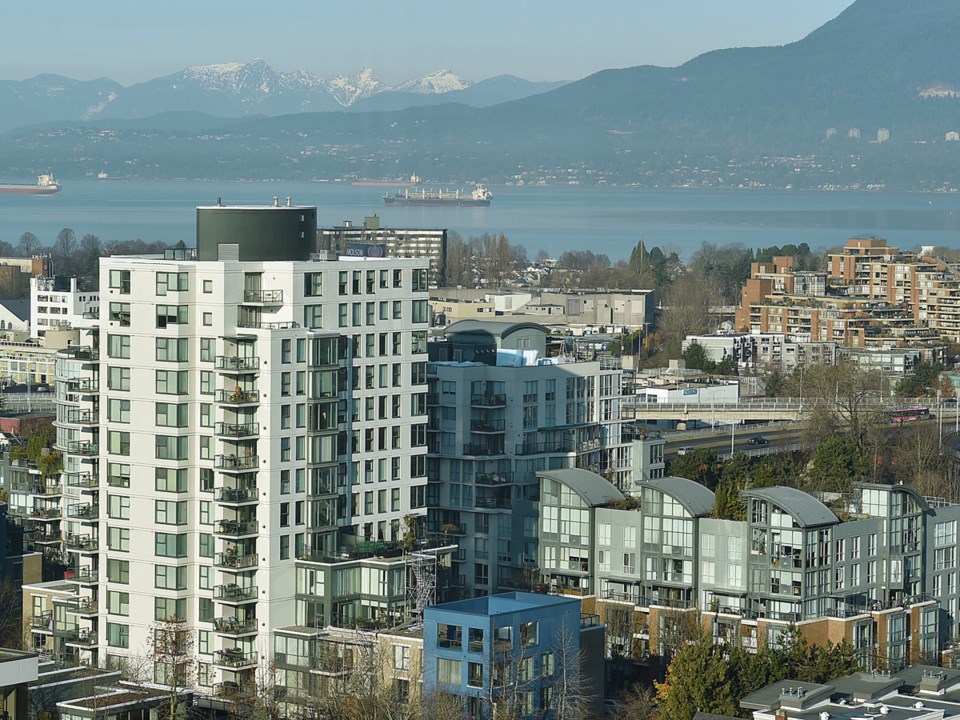A crisis is bubbling up in the condo sector, with insurance companies hiking building insurance premiums to unprecedented levels, leaving condo owners (and their renters) on the hook for huge bills. The cost of strata’s building insurance is passed to homeowners in their maintenance fees and, if the unit is rented, it is likely to be passed on again to tenants.
What’s more, insurers are being so picky about their risk exposure that some poorly maintained or older strata face losing their insurance coverage entirely. This would mean that not only would owners lose everything in a major event such as a fire, flood or earthquake, but also they would not be able to sell or remortgage their homes, even if there was no such catastrophe.
A lack of competition in the insurance market across North America, combined with massive payouts that insurance firms have had to shell out due to increasing severe-weather events damaging buildings, have led to the premium increases.
Insurance brokerage Hub International said in a recent note, “Strata and condo corporations should budget for a minimum 35 per cent increase even on properties with no history of losses and full updates (roof, plumbing, heating, and electrical). Stratas with losses or those that have not undergone updates should expect greater increases. The cost of reconstruction appraisals also continues to rise, equating to as much as 5-10 per cent of the building value. These two factors combined will continue to drive premiums up through 2020.”
Insurance firms finding it hard to make ends meet have resulted in a reduction in the current number of insurers operating in the market, which has two effects on premiums. The first is a simple lack of competition allowing insurers to offer less competitive prices. The second, more serious, issue is that many of these fewer insurance firms are now at capacity, and can pick and choose which buildings they insure, while those they turn down are left out in the cold.
Tony Gioventu, executive director of the Condominium Home Owners’ Association of B.C. (CHOA), told Glacier Media, “There is less competition and much higher demand on the insurance. The risks are being very closely monitored. Because there are fewer insurers taking on a greater load of the risk, they’re being very picky about who they’re insuring, and at what value. Compound all that together, and you can hear the cash registers ringing in the background.”
Increasing construction costs, especially in expensive cities like Toronto and Vancouver, are also adding into these premium hikes and refusal to insure, as the financial risk is greater for the insurance companies. Gioventu added, “Another problem is that the value of reconstruction of buildings in high-density markets, where construction costs are high and values are high, the price of construction of these properties is at an all-time high.”
He said the issue is most acute for buildings that have a history of insurance claims. "What about those buildings that are not getting their insurance renewed. If they have a history of claims or are not keeping their building maintained or repaired, the insurance company just isn't willing to take on the risk, regardless of what you're willing to pay. So now, all of a sudden, no sales, no mortgages, and if there's a loss in the building, everyone loses everything. It's a terrifying thought."
CHOA has been receiving increasing numbers of calls for help from member strata corporations, said Gioventu, and he predicts this is only going to get worse throughout the year. He also said that he is in discussions with the B.C. government about the problem, but is not optimistic they can help. “Short of creating a provincial insurance program for strata buildings, which represents trillions of dollars of risk and they would never take on, there’s not much the province can do,” he said.
Gioventu said that strata corporations can mitigate the risk of losing their insurance, and reduce their premium hikes, by making sure the building is well cared-for. "Strata corporations seriously need to make sure that they have depreciation report, and are engaging in it, that they are maintaining their properties and not seeing special resolutions for repairs defeated in their meetings. Look at your building systems. If your plumbing hasn't been replaced and it's 35 to 40 years old, I'd be moving pretty quick. They also need to be looking at bylaws that could make a difference in terms of the risk to the property."
However, Gioventu did have some optimism for the future. “We’ve got fewer players [in the insurance sector] right now, but industries go in cycles.”
In an interview with Glacier Media, Sam Hanson, president of development company South Street, agreed. South Street is developing a one-million-square-foot residential and commercial community with three levels of underground parking in the downtown core of sea-level Richmond. When asked if he was concerned about building insurance, Hanson said, “We’ve had a meeting with our insurers to discuss this, and we are looking at higher premiums than anticipated. But they explained that the marketplace for insurance is like any other market. It goes up and it goes down. As the cost of insurance goes up, more players start to enter the marketplace, and they start to compete with each other, and prices will come down.”
He added, “Right now there have been all kinds of natural and manmade disasters that have caused insurers to pay out lots of money, and they raise their prices to cover what they have to pay out. It’s just the normal course of business. So yes, right now there is a tremendous issue, but how long it will last, I don’t know. According to our insurers, it is cyclical and it will eventually go the other way.”



